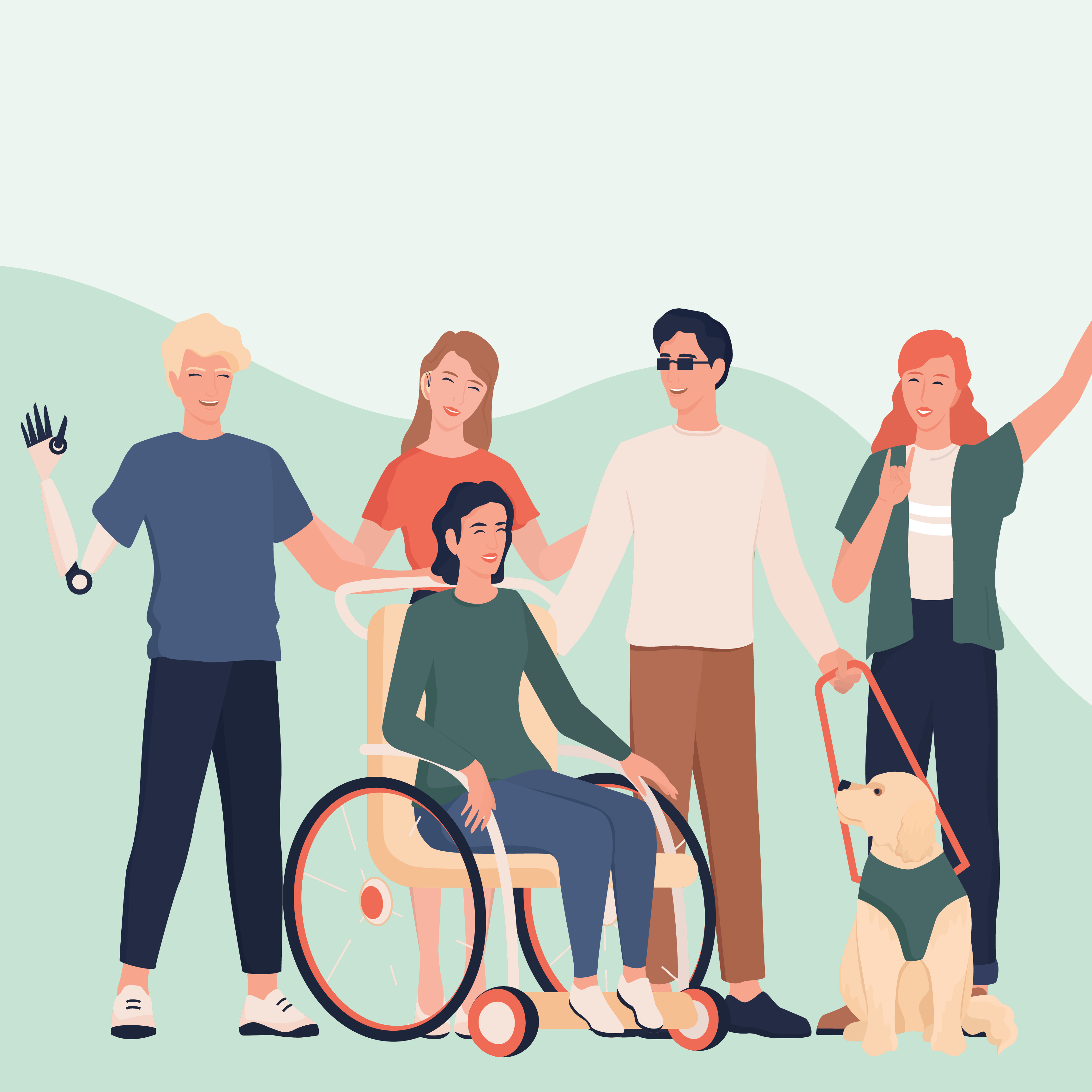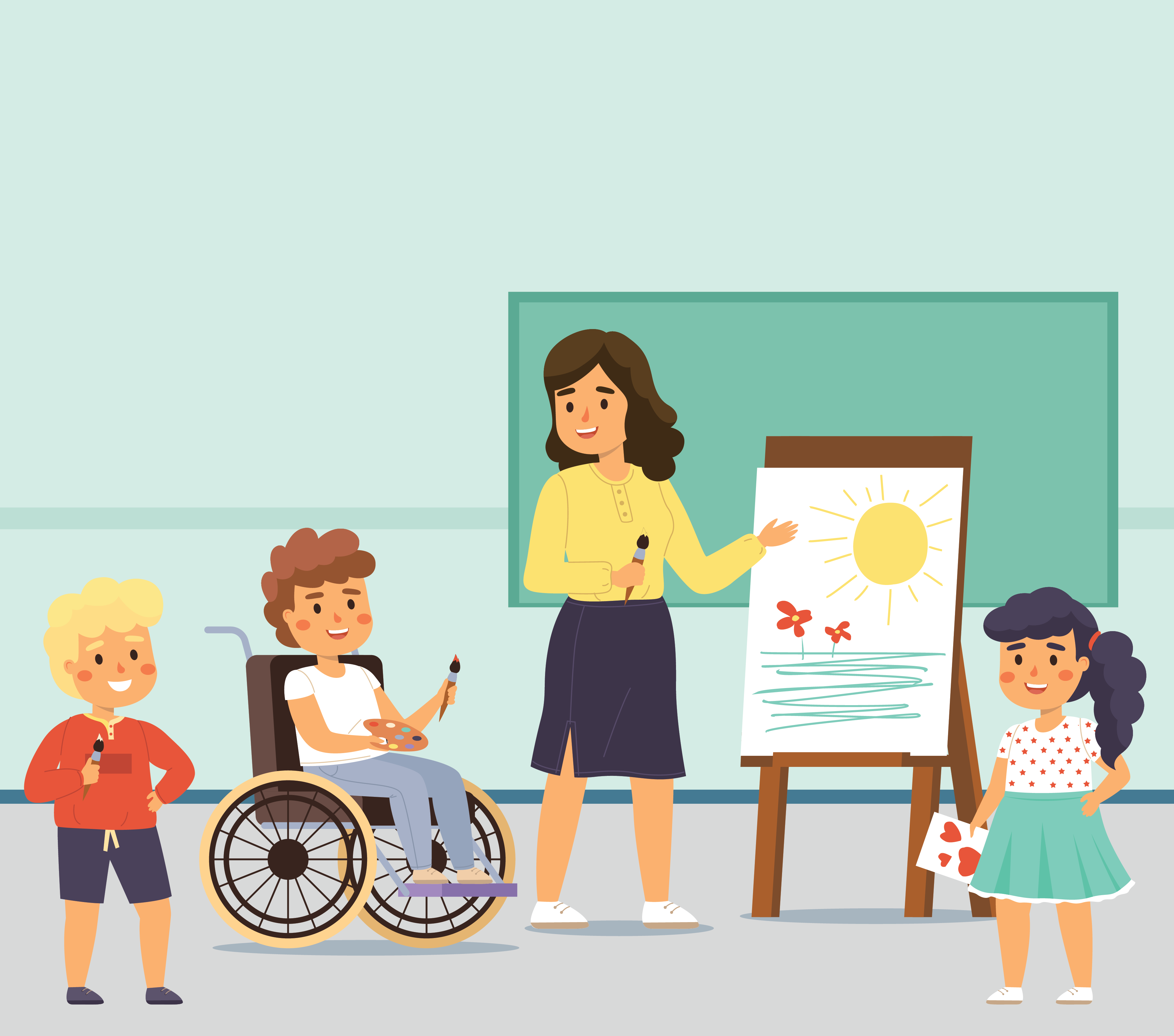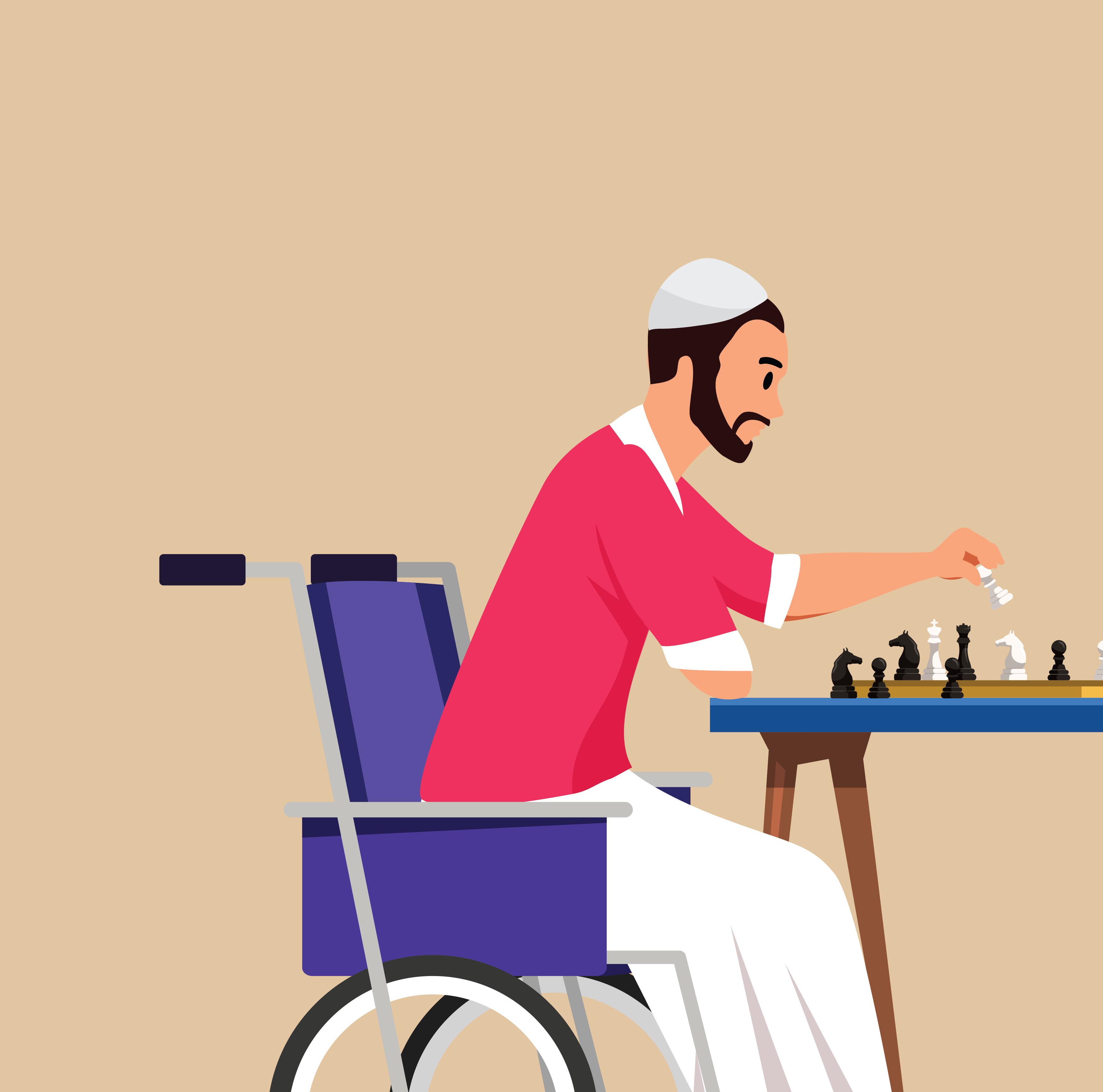
SBC Disability Toolkit - Module 1: Inclusive Evidence Generation for SBC
Addressing stigma and discrimination toward children and youth with disabilities through SBC
Introduction
Sarah’s story part 1:
Since I was little, I have visited many doctors. My mom did her best to find a way to ‘cure’ me. In conversations with doctors, social workers and non-governmental organizations, she was asked lots of ‘what?’ questions – like, ‘What are my symptoms?’ But they did not talk to us about ‘What are our options?’, or ‘What services are available?’ I was given a wheelchair, because they assumed that I needed one. It is still with us, often used to bring something heavy from the market.
Even when I got older, my mom was the primary contact in making decisions about my health. Health workers usually spoke to her, without discussing anything with me. They asked, ‘What do I need to get to school?’, and ‘What cane do I prefer?’ – but they had no patience to listen to my responses or to create an inclusive environment for me to respond. But things are changing now.
Overview of Module 1:
This module will provide you with the knowledge and skills you need to create participatory evidence generation activities that support the inclusion of children with disabilities in social and behaviour change (SBC) programmes. It includes practical tools and techniques for participatory research approaches that will support and inform inclusive decision-making and the design of robust, evidence-informed SBC programmes and activities.
After completing this module, you will be able to:
- Advocate for the use of participatory research approaches in SBC programming, particularly programming that includes children with disabilities.
- Explain how participatory research approaches fit into the ‘big picture’ of SBC evidence generation.
- Assess the applicability of several participatory methods and choose the right one for your programme.
- Apply evidence generation tools and approaches that will support SBC programming.






